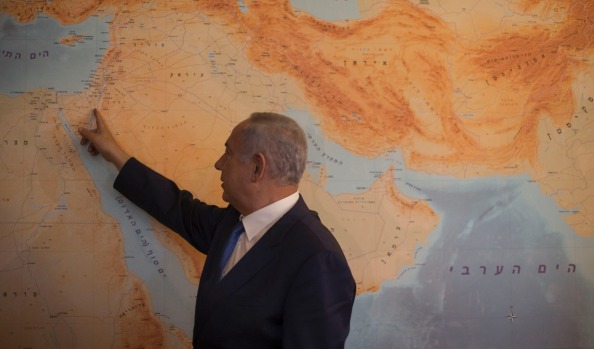After Israeli spies using counterfeit Australian passports were discovered to have assassinated a Hamas figure in Dubai in 2010, then foreign minister Stephen Smith rightly condemned the forgery as “not the action of a friend”. A Mossad agent in Canberra was subsequently expelled and the entire saga marked a low point in relations between Israel and Australia.
But not a breaking point. Secret intelligence cooperation quietly resumed the following year, community and business ties continued to prosper, and the scheduled visit this week by Israeli Prime Minister Benjamin Netanyahu is a sure sign the public warmth between governments has returned.
A strong friendship based on trust is welcome for both nations. Mr Netanyahu will be the first-ever serving Israeli head of government to visit these shores, an important – albeit overdue – acknowledgement of the depth of history the two countries share. It was Australian foreign minister H.V. “Doc” Evatt in the late 1940s who chaired the United Nations committee that recommended the partition of Palestine between Arab and Jewish states, and Australia has been a steadfast friend of Israel ever since.
But what evolved into a vision of two secure, sovereign states living peacefully side-by-side has never materialised and has instead become mired in one of the world’s most intractable conflicts. Israelis are inextricably intertwined with Palestinians, yet peace has remained beyond the grasp of both communities, with extremists driving a bitter wedge.
For Australia, the overriding interest is to see a just resolution to this enervating conflict. Former Labor prime minister Bob Hawke has called for diplomatic recognition of Palestine, sparking what is a healthy debate about how Australia can best support the quest for peace.
Read the full editorial at The Age.

